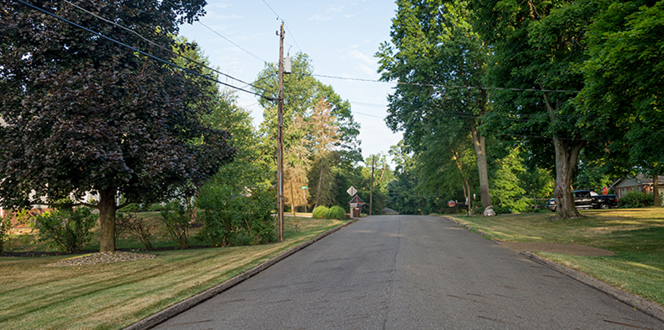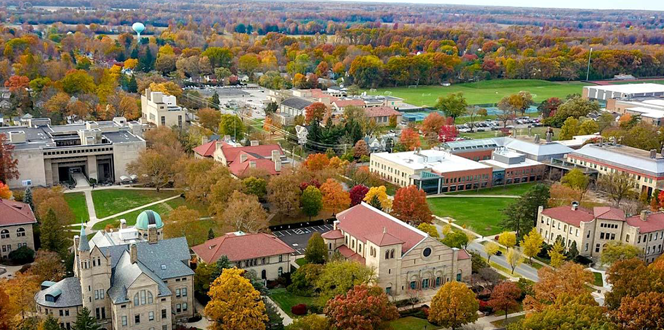Western Area Power Administration
Western Area Power Administration wanted to achieve uniform and consistent vegetation management across multiple states. No single vendor had sufficient licensing and equipment—but Davey Resource Group stepped up to the challenge, resulting in reduced cost and improved results for the client.
The Challenge
Utility companies whose transmission infrastructure spans multiple states sometimes struggle to achieve uniform and consistent maintenance. Going to a single vendor is an effective approach, but because of licensing, equipment, and distance hurdles, it can be challenging to find a single vendor capable of providing service across a large territory. Such was the case for Western Area Power Administration-Desert Southwest Region (WAPA-DSW).
With dozens of substations spread across Arizona, California, and Nevada, this federally run utility had been using multiple contractors for vegetation management around the facilities. By 2017, with several substations needing herbicide treatment, the company began looking for a single vendor capable of providing bare earth herbicide treatments on a recurring cycle for the entire tri-state area in order to reduce expenses, achieve greater consistency, and improve quality of service.
The Solution
In mid-2017, WAPA reached out to Davey Resource Group (DRG), who was already performing other types of work on the property. Davey had the staff, resources, and expertise needed to provide this extra service and address the equipment, licensing, and water challenges presented.
- Equipping for Success
Davey uses a closed container system for bare earth herbicide treatments. This provides dramatically increased safety and reduced risk of spillage when applying herbicide compared to conventional methods. - Clearing the Licensing Barrier
Obtaining proper licensing across three states can be a complex process. In addition to an overall business applicator license, individual applicator’s licenses, and permitting, licenses also must be obtained for all vehicles and trailers earmarked for the project. From start to finish, all licensing was completed in all states and counties within about 6 months, minimizing delays. - Securing Adequate Water
A final challenge to the project proved to be water availability and transport. Many of the substations are located in remote areas, and some do not have water available on site. To address this, DRG utilized a custom-equipped vehicle with a 125-gallon tank and battery powered pump, allowing tanks to be refilled on location.
The Results
For WAPA-DSW, working with one vendor across the entire territory has streamlined and lowered the cost of administration work for the company.
By mid-March 2018, DRG’s crew was fully licensed and equipped and began to perform herbicide treatments at the substations. Starting out at approximately 30 substations, the project quickly expanded to include about 20 more for a total of approximately 50 substations in the region. The substation properties range in size from 0.25 to 109 acres, totaling approximately 420 acres altogether.








